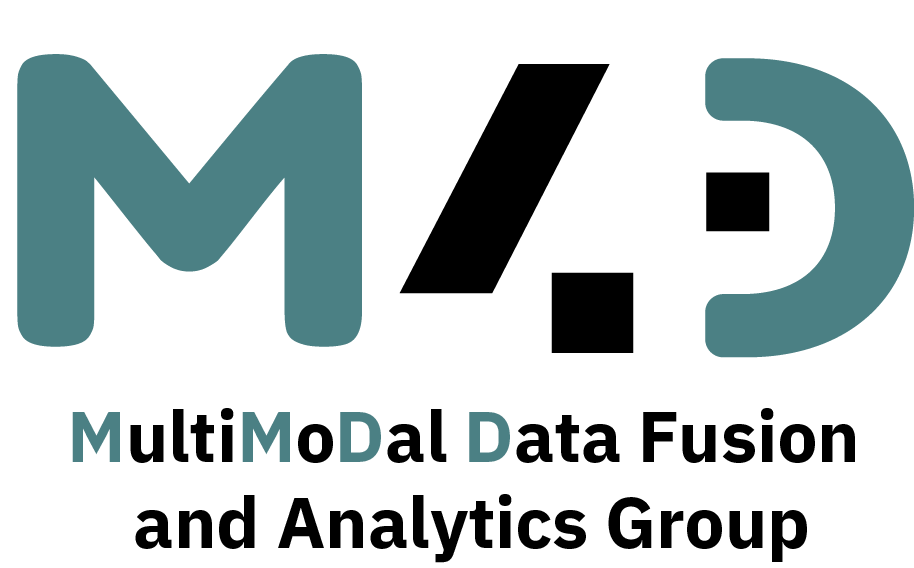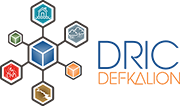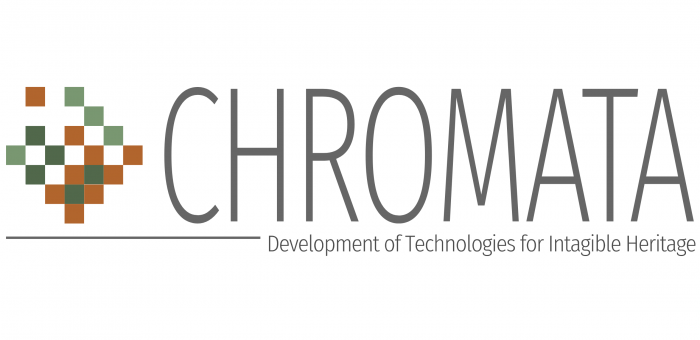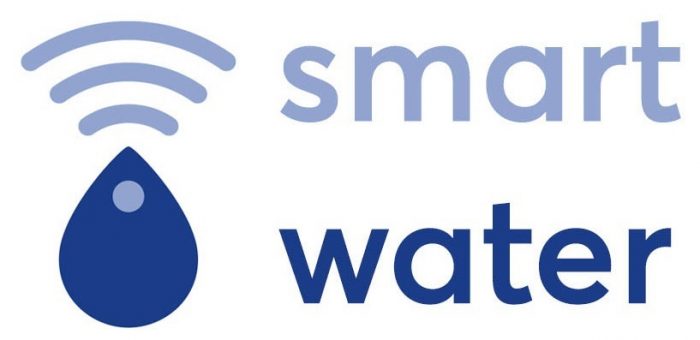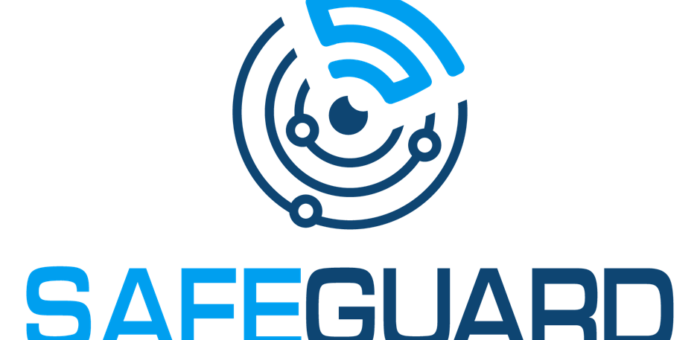
SAFEGUARD
SAFEGUARD SAFEguardinG pUblic spAces through intelligent thReat Detection tools SAFEGUARD aims at developing a next-generation holistic suite of tools that significantly improve LEA capabilities to protect public spaces against terrorist attacks through the entire lifecycle of their operations. To this end, SAFEGUARD leverages the successful outcomes of EU-funded projects (S4AllCities, CONNEXIONs, CREST, PREVISION, PRAETORIAN), providing a complete and powerful framework for intelligent threat detection relevant to the context of safety of public spaces. The outcomes of the project will result in the improvement of public spaces, such as malls, open crowded areas and events by deploying tools and technologies for acquiring intelligence regarding terrorist attacks and supporting LEA operations in an efficient and effective manner. Moreover, SAFEGUARD aspires to develop knowledge on the potential use of AI techniques and algorithms…
